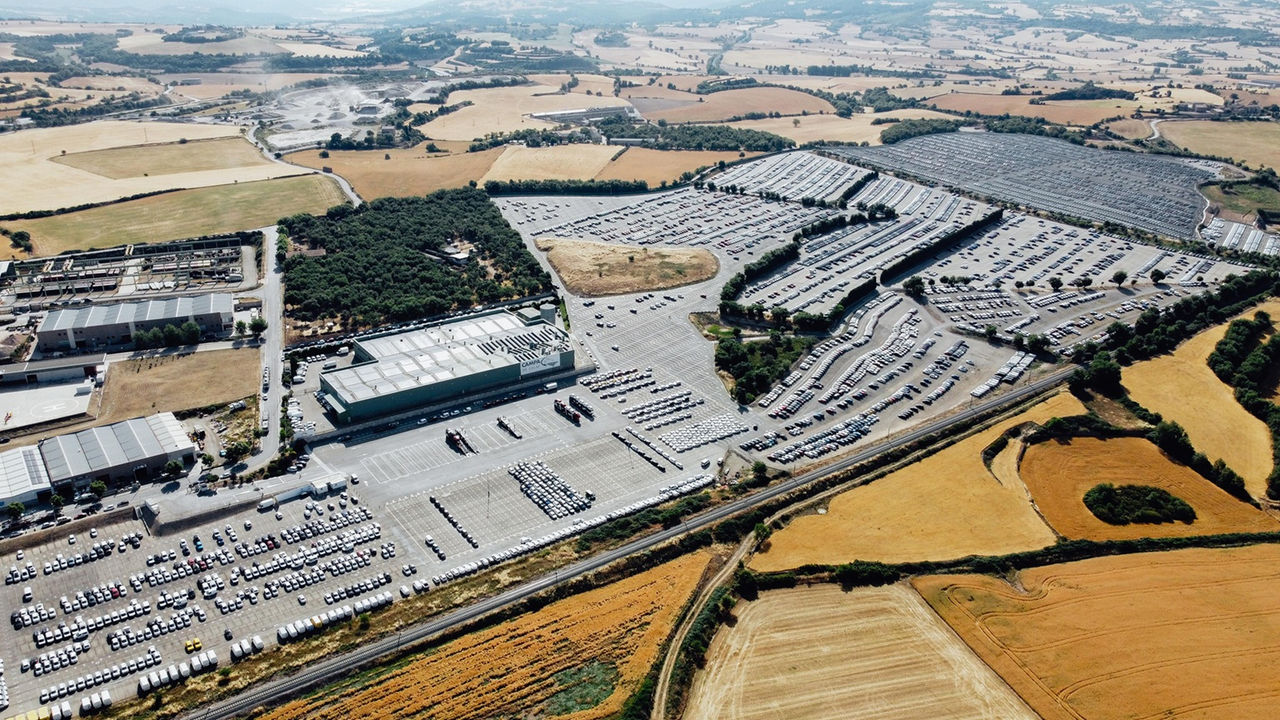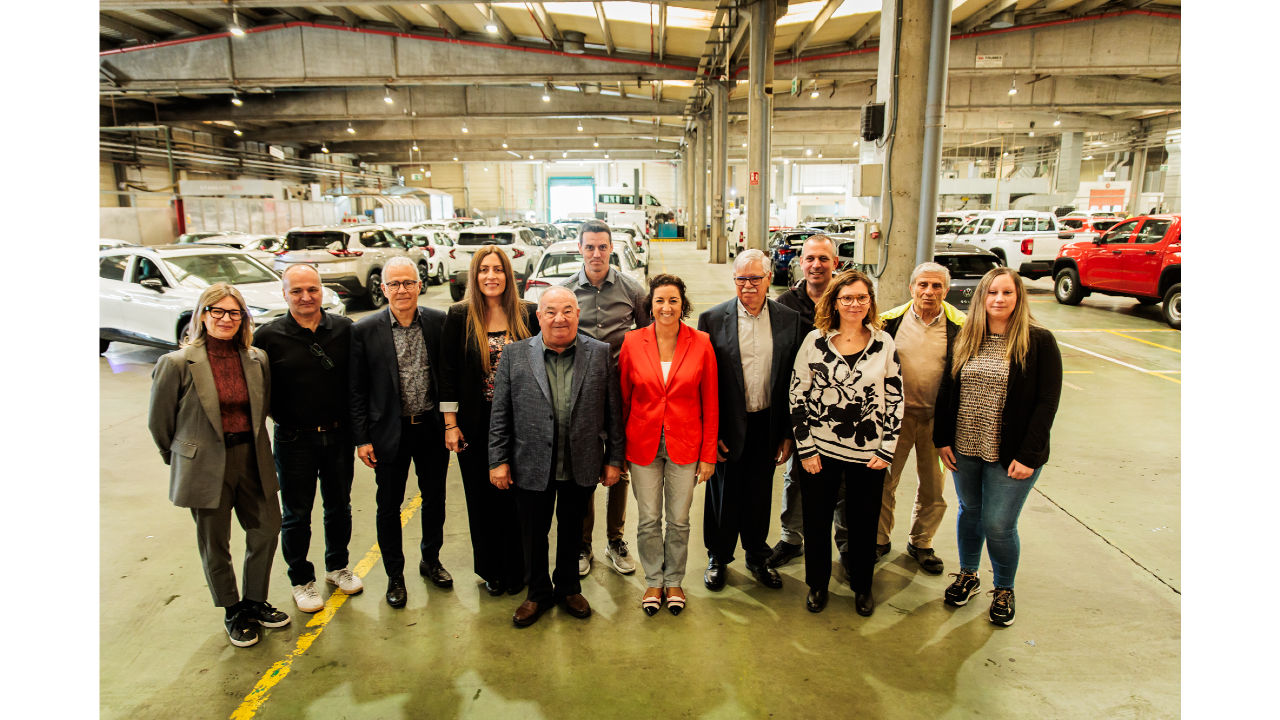Consellera Romero highlights the key role of ambitious companies "that strengthen Catalonia and contribute to the country’s prosperity".

The ICF has financed the logistics fleet management group Transoci-Áreas with a €9.55 million loan to build a new rail terminal within the Campa d’Autoflotas facilities, located in the industrial park of Les Garrigues in Calaf (Anoia). This is the first new private railway project in Catalonia in 30 years. During a visit to the company’s facilities this Thursday, the consellera of Economy and Finance, Alícia Romero, emphasized the key role of ambitious companies "that strengthen Catalonia and contribute to the country’s prosperity."
Romero explained that the Catalan government is committed to the automotive sector, and companies like Transoci-Áreas are crucial to helping Catalonia maintain its leadership. The consellera also highlighted that a project of this nature requires ambition and a clear strategic vision, but also financing with favorable conditions to make it possible. In this regard, she praised ICF, Catalonia's public promotion bank, as a tool that works to support the business fabric and drive the transformations that both Catalonia and the world need.
Until now, the Autoflotas company had been transporting the cars it managed solely by truck. The new project will allow Transoci-Áreas to replace the annual use of hundreds of fuel-powered trailers with electric trains. While a truck can carry eight cars per trip, the trains will have the capacity to transport up to 180.
Overall, the Transoci-Áreas project, funded by Catalonia's public promotion bank, is expected to reduce an estimated 95,830 tons of annual CO2 emissions by replacing the use of road vehicles that currently run on fossil fuels with fully electric vehicles that have higher capacity, according to the group's calculations.
The terminal, which is expected to be completed during the first half of 2026, will directly connect Transoci-Áreas' logistics center (Campa Autoflotas Calaf) to the general railway network managed by ADIF, linking it to Martorell, Madrid, Andalusia, and Galicia. The infrastructure will have four additional tracks to the main line, allowing it to receive trains of up to 750 meters in length and carry out all car loading and unloading processes.
The new terminal not only has great potential to boost the transport and automotive sectors but will also bring benefits to the Catalan economy, particularly for companies that, taking advantage of the new facility, wish to switch to rail freight transport to reduce costs, increase their logistical capacity, and access new markets.

